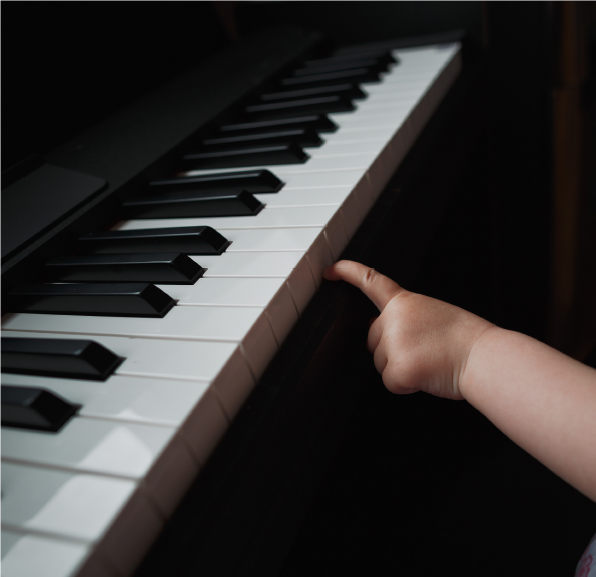Escutar, sentir e percecionar a partir da música – cantar canções de embalar desde a infância, uma forma de aprender
Main Article Content
Abstract
Starting on two questions, which are presented below, we will try to understand how the interaction with music, particularly lullabies, can influence small children, both in sleep architecture and in the perception and learning of different musical components, the mother tongue and especially in emotional relationships. So, is: 1) singing to young children important? 2) in fact, does using music and singing interfere with the creation of affective bonds, stimulation and perception of different skills and learning of young children? This article seeks to illustrate how music, and lullabies, can provide well-being to babies and that there is learning at different levels. It is also intended to draw attention to the need to encourage singing practices, with young children, as a means of increasing bonding, as well as to stimulate the perception of different sensory modalities and auditory stimuli. Through an exploratory study, and the application of an ABAB design, with the independent variable listening to a lullaby, different behaviors in babies were observed. We can conclude about the importance of using music, in different contexts, helps the baby in their well-being and that, effectively, there is auditory and sensory learning.

